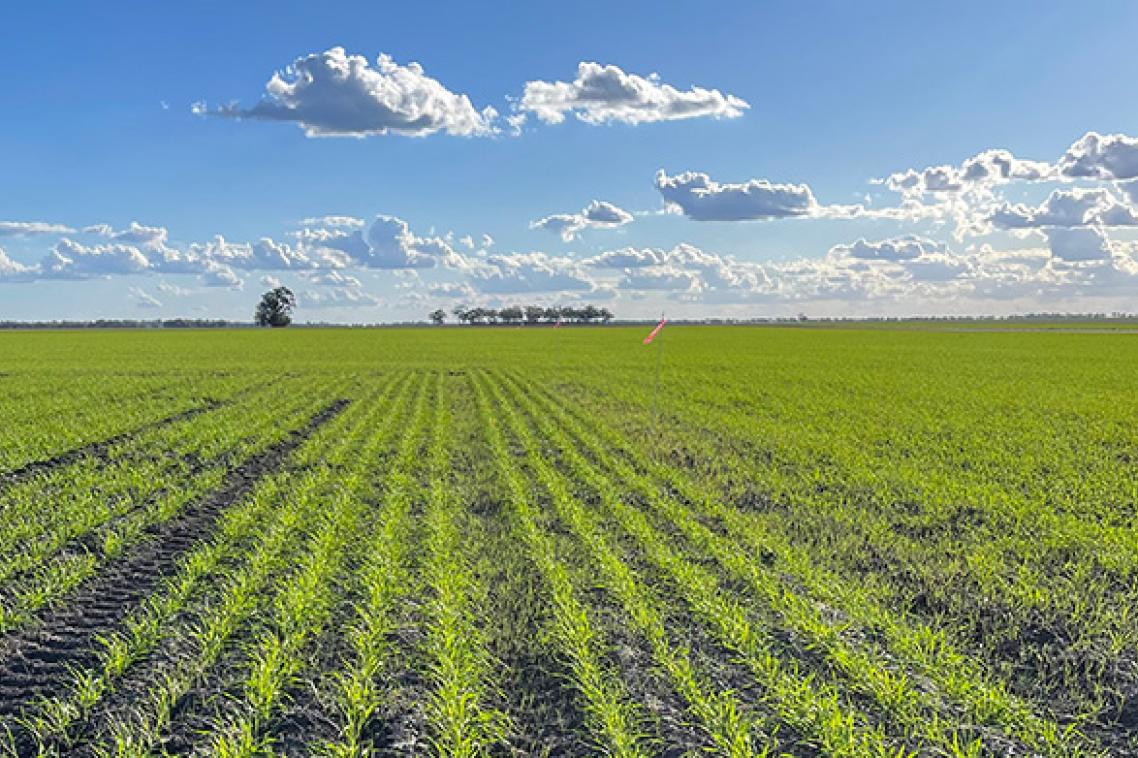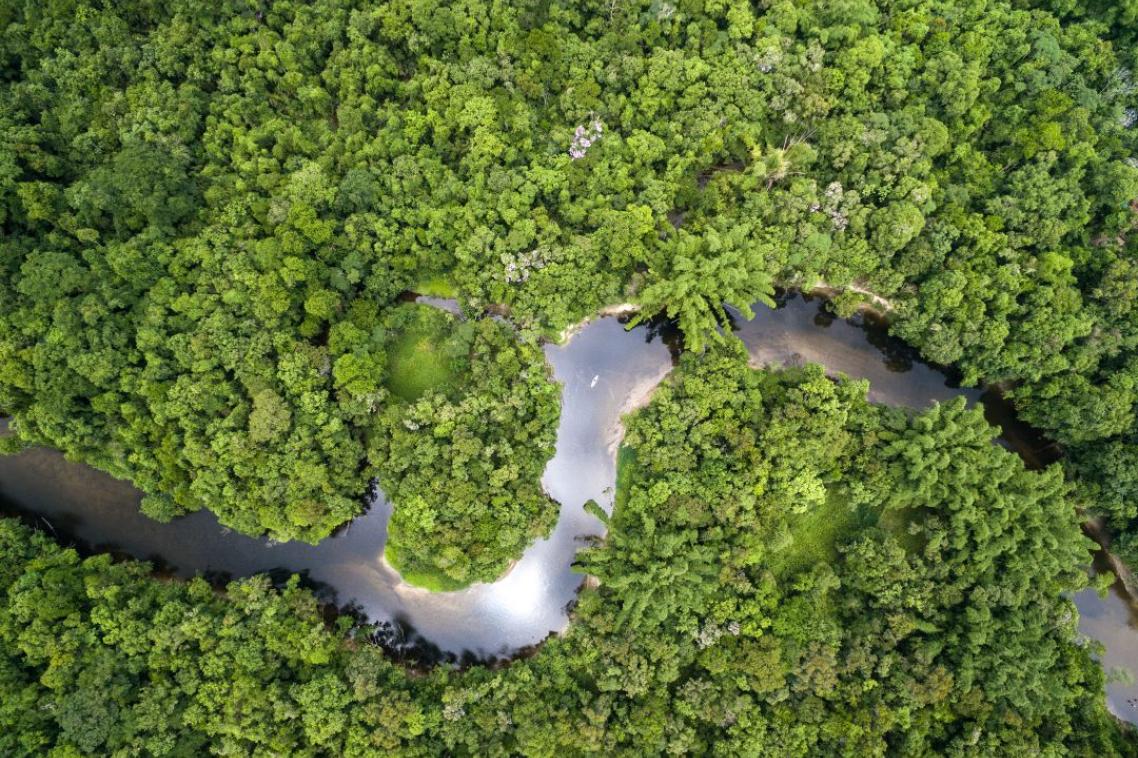Sites needed to trial tactics for troublesome weed

New sites for field trials of a University of Queensland strategy to combat Phalaris are needed in southern Queensland and northern New South Wales.
Early trials in wheat and chickpea crops funded by the Grains Research and Development Corporation (GRDC) tested an integrated management system for the problematic winter grass weed, and it had shown promise.
Professor Bhagirath Chauhan from UQ’s Queensland Alliance for Agriculture and Food Innovation said Phalaris was becoming more prevalent and its impact was growing.
“Phalaris has evolved resistance to commonly used herbicides in some places, so the aim of our work is to provide growers with some good options to help control it,” Professor Chauhan said.
Trials in wheat were conducted at Gatton and Moonie in Queensland, and Gurley in New South Wales while trials in chickpea were done at Gatton and Moonie, Queensland, and Garah, NSW.
“We had success with a combination of chemical and non-chemical approaches in the trials,” Professor Chauhan said.
“The results show that crop competition could be a good tool in the toolbox for producers dealing with Phalaris.
“That means increasing the seed rate of the crop – for chickpeas we could increase planting from 30 to 45 seeds per square metre and in wheat from 100 seeds to 150.
“The aim is to achieve faster canopy closure to discourage the weed without losing crop yield.
“Of course, we still need sustainably used herbicides as well, but this strategy would ensure our existing herbicides remain effective for longer, slowing the weeds’ ability to become resistant.
“Often the idea is to hit a weed hard but if the herbicide doesn’t work, then crop competition can help suppress it by discouraging growth and seed production.”
The trial results were presented to growers and agronomists at the recent 2-day GRDC Grains Research Update in Goondiwindi.
Professor Chauhan said the next step was further trials and to recruit a PhD candidate at UQ to conduct further studies into the biology and management of Phalaris.
“Any growers who have a problem with this weed and who are happy to host trials should get in touch with me,” he said.
“The UQ weeds team will handle the entire trial, including planting, harvesting, spraying and cleaning.”
The Queensland Alliance for Agriculture and Food Innovation is a research institute at The University of Queensland established with and supported by the Department of Primary Industries.
Media assets
Images are available via Dropbox.
Media contacts
Professor Bhagirath Chauhan
b.chauhan@uq.edu.au
+61 427 923 272
QAAFI Communications, Natalie MacGregor
n.macgregor@uq.edu.au
+61 409 135 651.
Related articles

Beyond COP30 – harnessing momentum and opportunity

Brazil claims to be an environmental leader. Are they?
Media contact
UQ Communications
communications@uq.edu.au
+61 429 056 139
